To fall or drop down to a lower level.
Our mission is to acquire unprotected land for the purpose of preserving old-growth forests in the Northeast US. To promote further connection with nature.
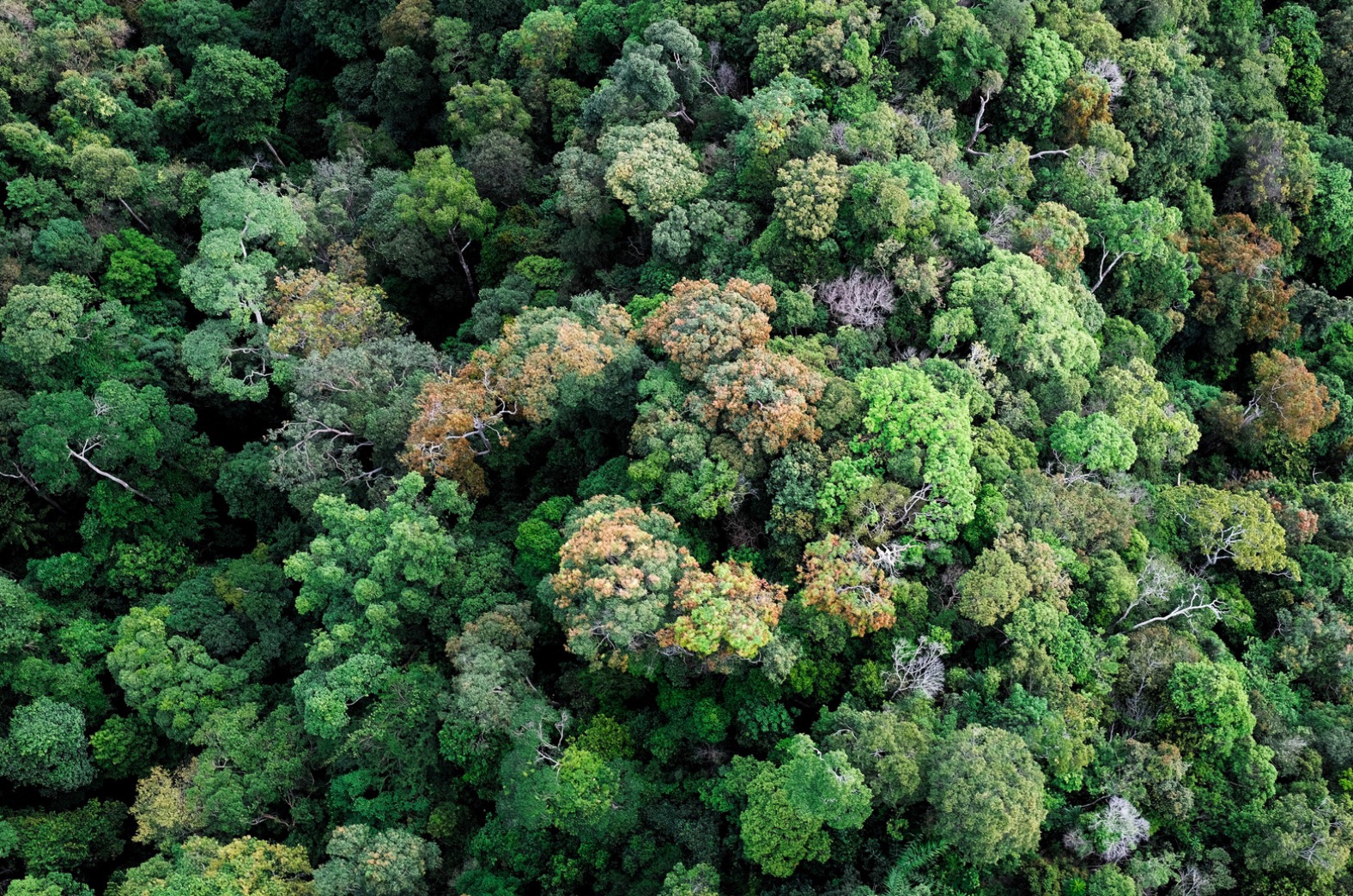
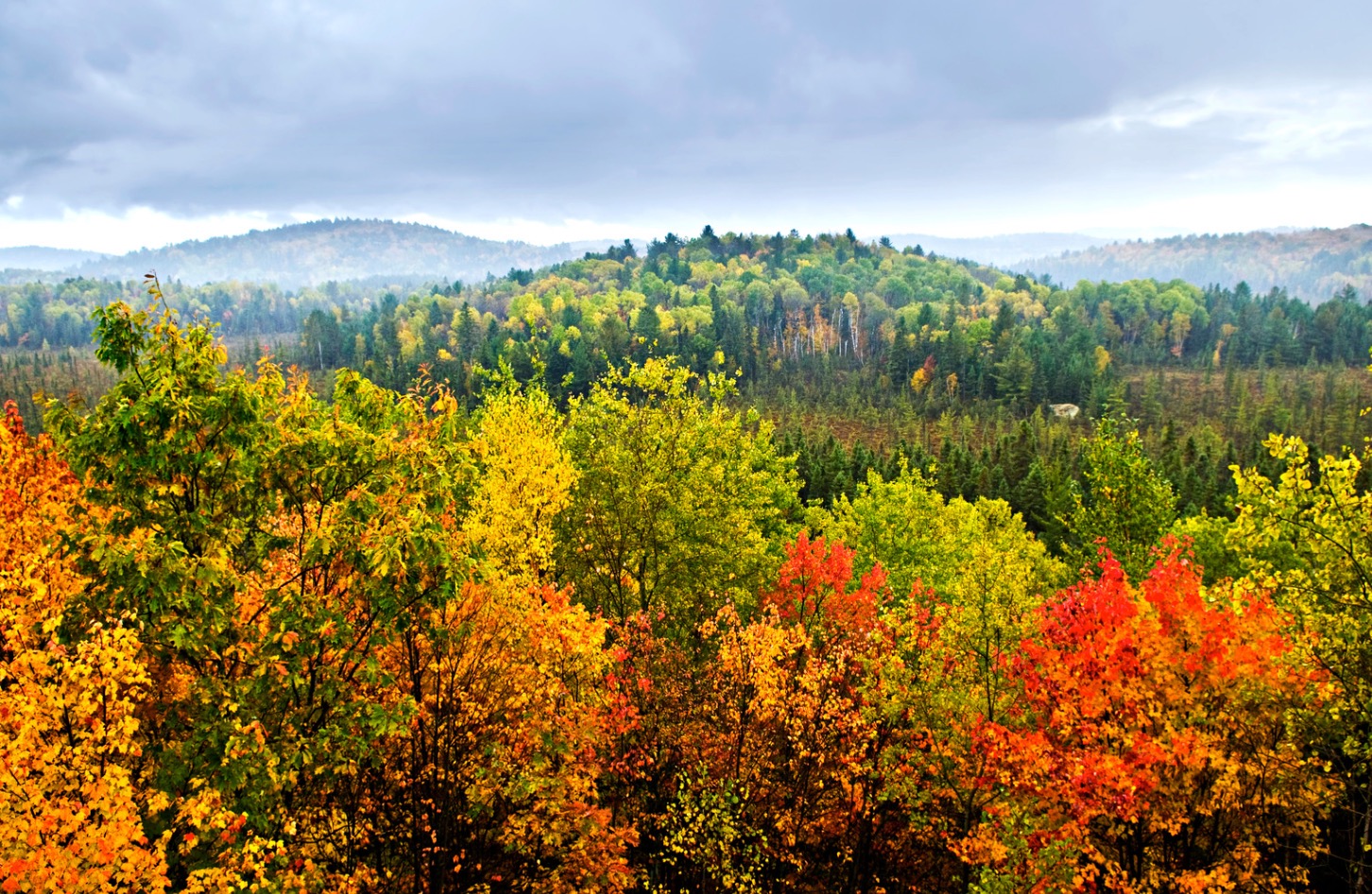
A carbon sink is any natural or artificial reservoir that absorbs more carbon than it releases.
By preserving old-growth forests, we are creating carbon sinks that help to mitigate the effects of climate change.
We aim to acquire old-growth forest lots that are 50+ acres, and it is our intention to acquire a new lot every 1-2 years.
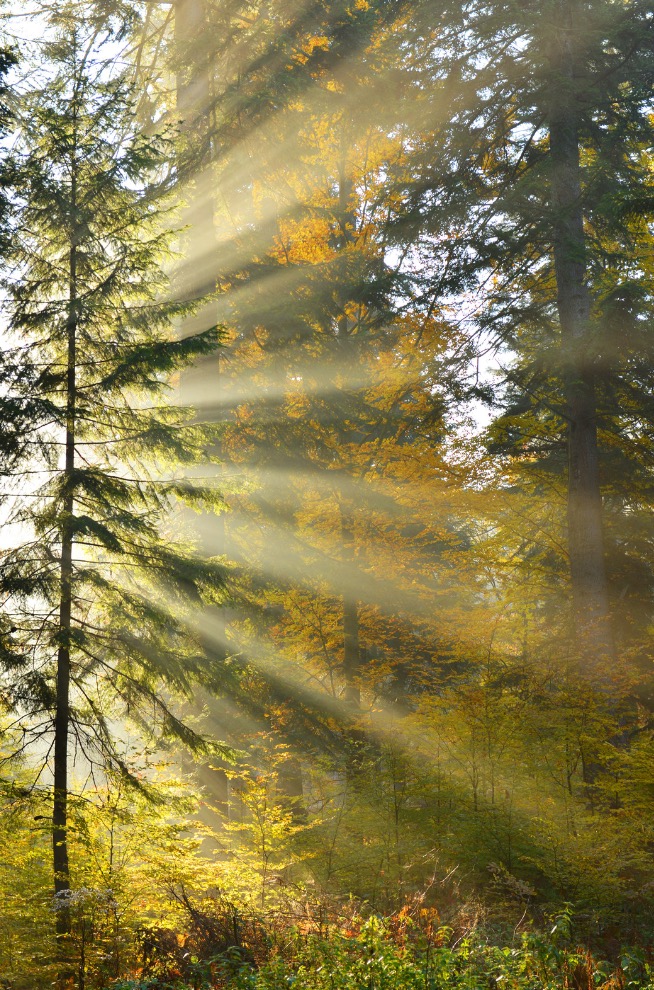
Protecting old-growth forests is an essential component of global carbon capture efforts.
Old-growth forests are forests that have been allowed to grow naturally for an extended period, typically 100 years or more. These forests play a crucial role in capturing and storing carbon dioxide (CO2) from the atmosphere, making them an essential component of any strategy to mitigate climate change.
Here are a few reasons why protecting old-growth forests is important for carbon capture:
-
Carbon Storage: Old-growth forests have the ability to store vast amounts of carbon in their trees, roots, and soil. According to a study published in the journal Nature, old-growth forests can sequester up to three times more carbon than younger forests.
-
Biodiversity: Old-growth forests are home to a wide range of species, some of which may be threatened or endangered. Protecting these forests helps to preserve biodiversity and maintain the health of ecosystems.
-
Water Regulation: Old-growth forests also play an essential role in regulating water cycles. They absorb and store large amounts of water, which helps to reduce the risk of flooding and drought.
-
Air Quality: Old-growth forests can help to improve air quality by absorbing pollutants and producing oxygen.
Sources: Nature 2008, Nature 2016, Science 2016, Science 2019
The Story of Vermont
Almost entirely clear cut in the 19th century, Vermont's subsequent commitment to conservation should be an inspiration for all.
- Between 1840 and 1890, Vermont was almost entirely clear cut due to the arrival of railroads and demand spikes driven by the paper industry.
- In 1889, Gov. Woodbury predicted that Vermonters would soon become impoverished due to these myopic and industrial forestry practices.
- A 1902 report by the Vermont Fish & Game Dept concluded that deforestation was harmful and caused erosion, reduced soil quality, and eliminated critical game habitat.
- In 1909, Austin Hayes was named Vermont's first state forester.
- Between 1910 and 1930, Vermont bought or was given tens-of-thousands of acres, and initiated protective forest preservation practices.
- Today, Vermont has 4.6 million acres of of forestland representing ~80% of the states acreage, and serving as a significant protected long-standing carbon sink for the region.

Our First Acquisition...
An anonymous donor is matching 100% of all donations for our first forest acquisition.
Our offer has been accepted for our first forest acquisition. This is an absolutely incredibly piece of woods located in Strafford, VT with an incredible conservation story that we intend to build upon.
Read more about our conservation plans for this 59 acre old-growth forest.
If you are considering donating, please keep in mind:
- Every cent of your donation goes toward our conservation efforts. 0% goes towards our overhead costs.
- We are a Vermont 501c(3) and your donation is tax deductible.
- All donors, no matter the size, will be part of our community and will enjoy access to our events and donor benefits.
The Team
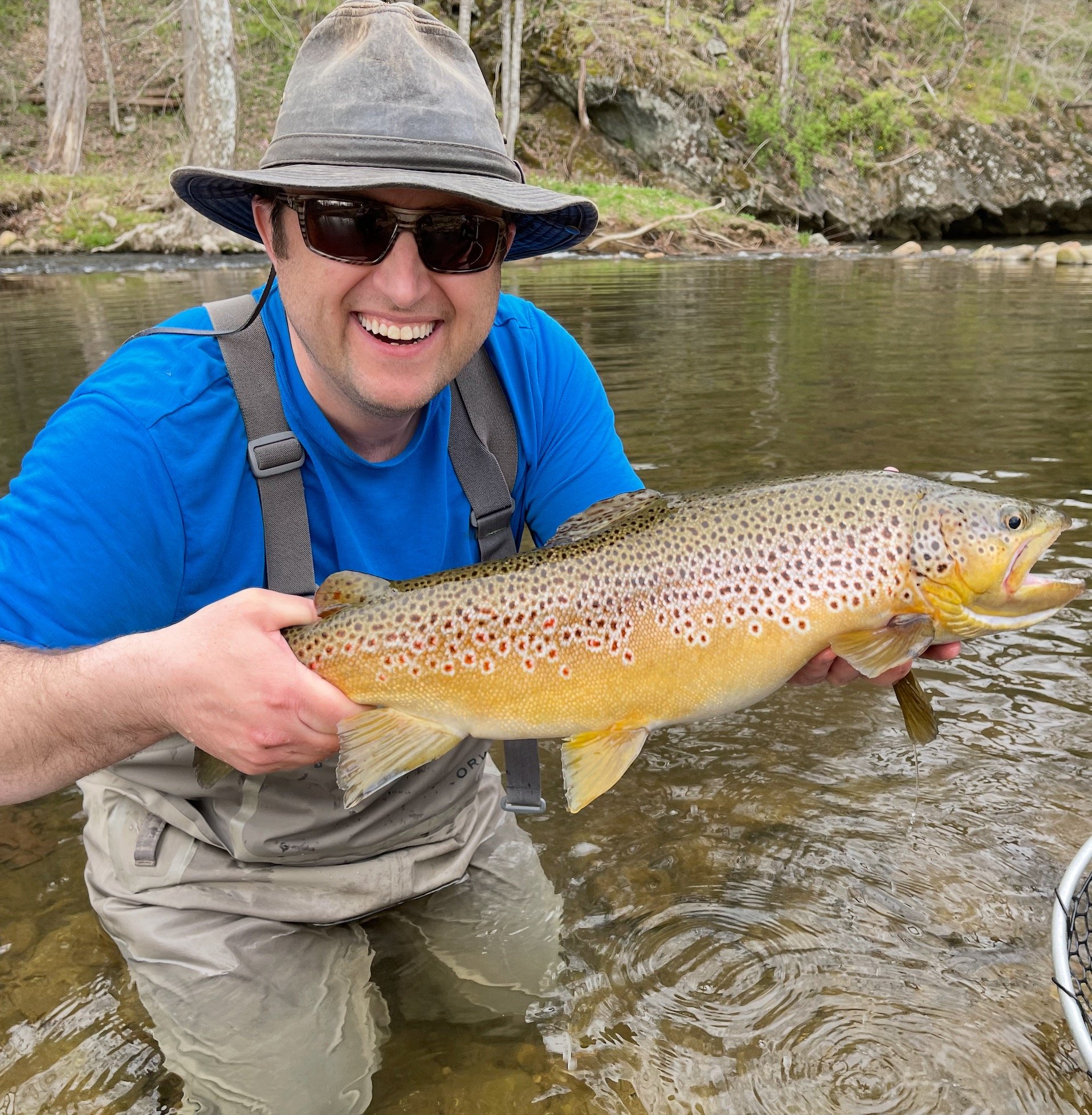
Luke Antal
Luke's passion for conservation started at a young age during three separate x-country road trips to National Parks. In high school he was awarded a scholarship by the Earthwatch Institute to study ecology in the Arizona desert. At Dartmouth, majored in Environmental Studies and took on several leadership positions within the Dartmouth Outing Club.
Always a pragmatist, Luke believes that environmental problems will always require economically viable solutions. With that in mind, he pursued an early career in business as a consultant and then transitioned into the entrepreneurial world.
After learning a great deal as employee #1 at three companies with some successes and some failures, in 2014 Luke co-founded Alumni Ventures, now America's largest venture capital firm for individual investors. Luke is an experienced startup and tech executive with a focus on marketing, sales operations, and customer experience. As the firm’s Chief Community Officer, Luke has built and oversees many of the processes, systems, and teams that contribute to the firm’s fundraising initiatives. He is also the Founder of the AV Venture Fellow Program, which is a one-of-a-kind career accelerator and educational experience that is a groundbreaking on-ramp to a career in VC that is focused on helping under-represented groups get a foot in the door to the industry.
Luke loves spending time outdoors with family and friends. Favorite activities include fly-fishing, surfing, snowboarding, mountaineering, adventure travel, hiking, camping, and anything that involves working with his hands. He lives in New Hampshire with his wife Athena and three boys Linden, Logan, and Gunnison.
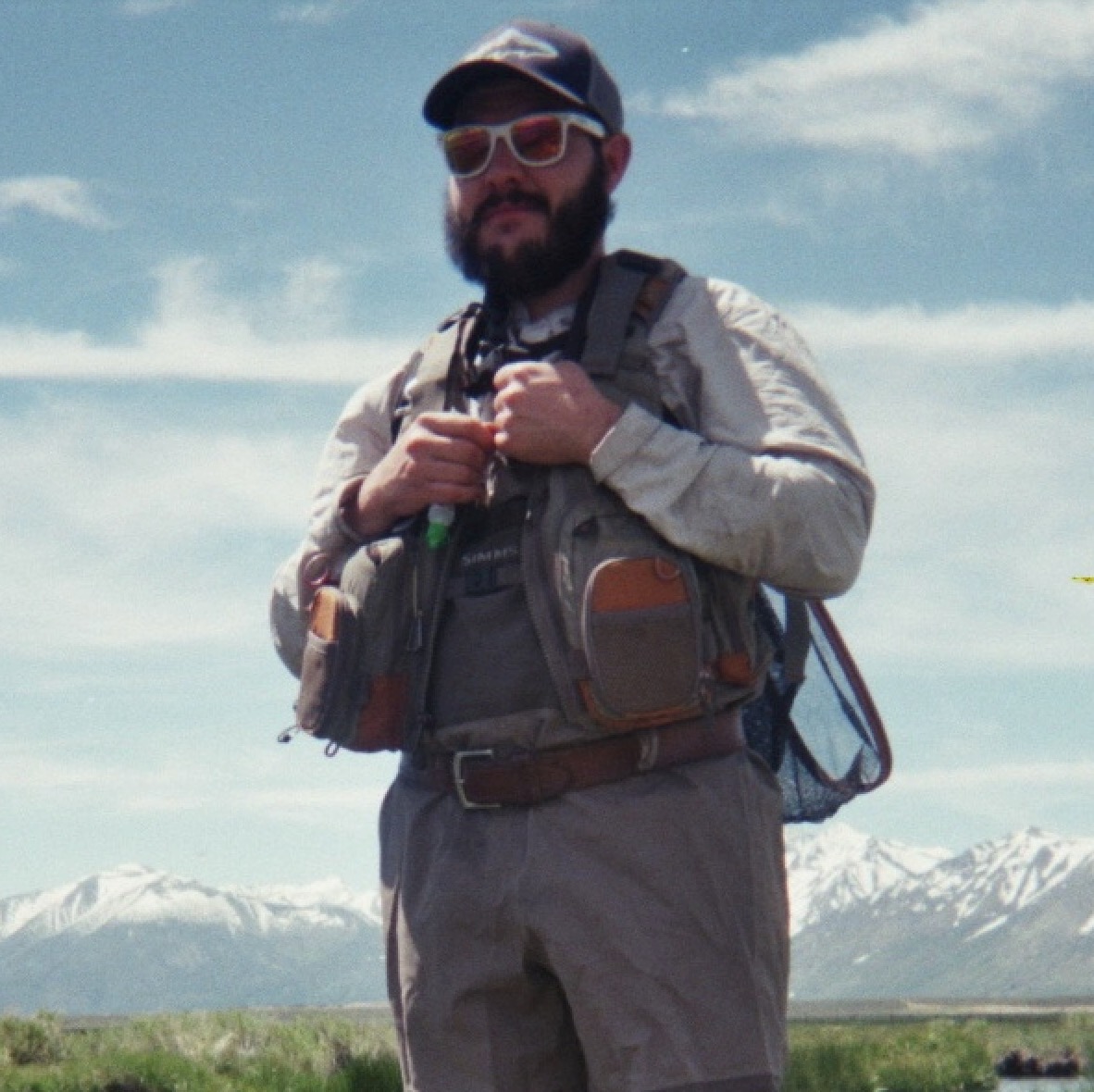
Preston Mcbride
Preston’s passion for the outdoors started at a young age. Growing up in small-town Appalachia, he was always outside and you could find him fishing in the lakes and streams or wandering nearby trails in the forests. Very early on, he also learned the consequences of human activity on the natural world and gained a passion for the responsible stewardship of the lands and its peoples for the generations to come.
While at Dartmouth College, he took leadership positions in organizations and committees dedicated to overseeing the research, educational, recreational, and financial aspects of the Second College Grant, a township of nearly 27,000 acres in Northern New Hampshire (and one of the few wild Native Brook trout habitats).
Preston is an experienced educator. After graduating from Dartmouth with a B.A. in economics and Native American studies and an M.A. in Liberal Studies, he earned M.A., C.Phil, and Ph.D. degrees in History from the University of California, Los Angeles. Preston is currently an assistant professor of History at Pomona College where he teaches classes on United States, Native American, and environmental history.
In his free time, he enjoys good food, gardening, woodworking, and making art. Otherwise, he can be found camping, fly-fishing, hiking, skiing, and all-around adventuring with his partner Michelle and their dog, Mochi.
